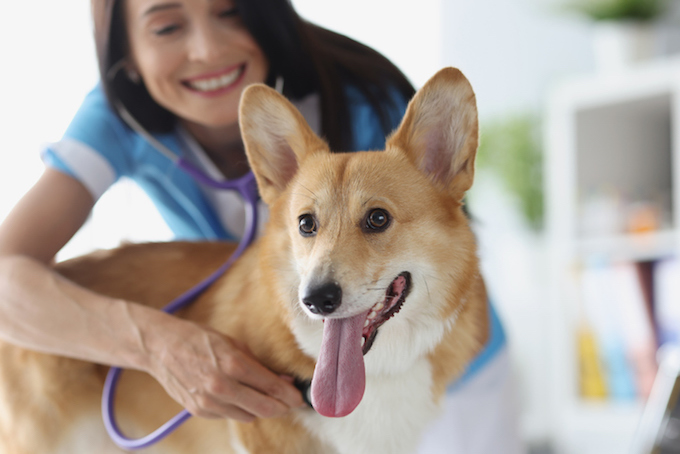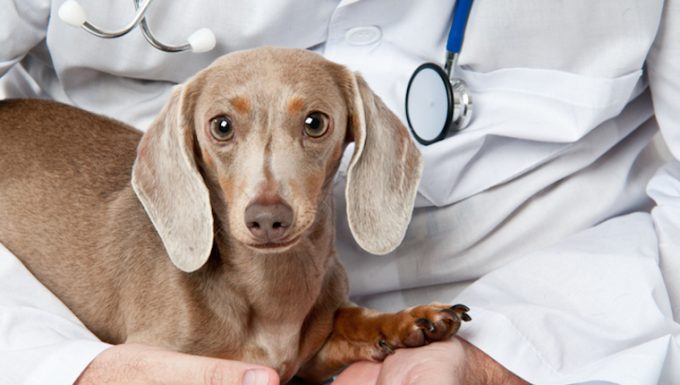Perineal hernia in dogs is a medical condition that causes the pelvic floor to rupture. This can cause problems with peeing and pooping.
Additionally, if a dog’s intestine or bladder is affected, the condition can be life-threatening.
Also, certain breeds suffer from the condition more than usual. For example, some of those breeds include Boxers, Dachshunds, and Boston Terriers.
If you see the signs of the condition in your dog, then get to a veterinarian for a proper diagnosis and treatment.
Here’s what you should know about the symptoms, causes, and treatments for the condition.
Symptoms of perineal hernia in dogs
The condition produces a small range of symptoms. For example, some of the most common symptoms include:
- Constipation
- Stomach pain
- Depression
- Straining while peeing
- Swelling
Causes of perineal hernia in dogs

The cause of the condition can involve a number of factors. For example, some of the common causes include:
- Tumors
- Trauma
- Hormones
- Colorectal disease
Additionally, the following breeds seem to develop the condition more than usual:
- Dachshund
- Boston Terrier
- Pekingese
- Boxer
- Australian Kelpie
- Old English Sheepdog
- Welsh Corgi
Finally, older dogs suffer from the condition more often than younger pups.
Treatments for perineal hernia in dogs
Firstly, your vet will ask about your dog’s symptoms. Secondly, your vet will ask about your dog’s full medical history. This will include breed-specific problems.
Thirdly, your vet will carry out a rectal examination of your dog. Additionally, ultrasounds and X-rays can be used to confirm the condition.
Generally, treatment involves a surgery to fix the hernia. Additionally, male dogs are usually castrated at the same time as the surgery.
While recovering from the condition, your dog might be prescribed laxatives or stool softeners. As always, if your vet prescribes your dog any medicine, make sure to stick to the correct dose and frequency instructions. Also, complete the full course of medicine.
Ultimately, prevention is better than cure for this condition. So keep your dog on a healthy diet that contains enough fiber. Also, male dogs who have been castrated seem less likely to develop the condition — so talk to your vet about that option.
Have you ever cared for a dog who suffered from this condition? How did your vet help your dog recover? Let us know in the comments section below.









